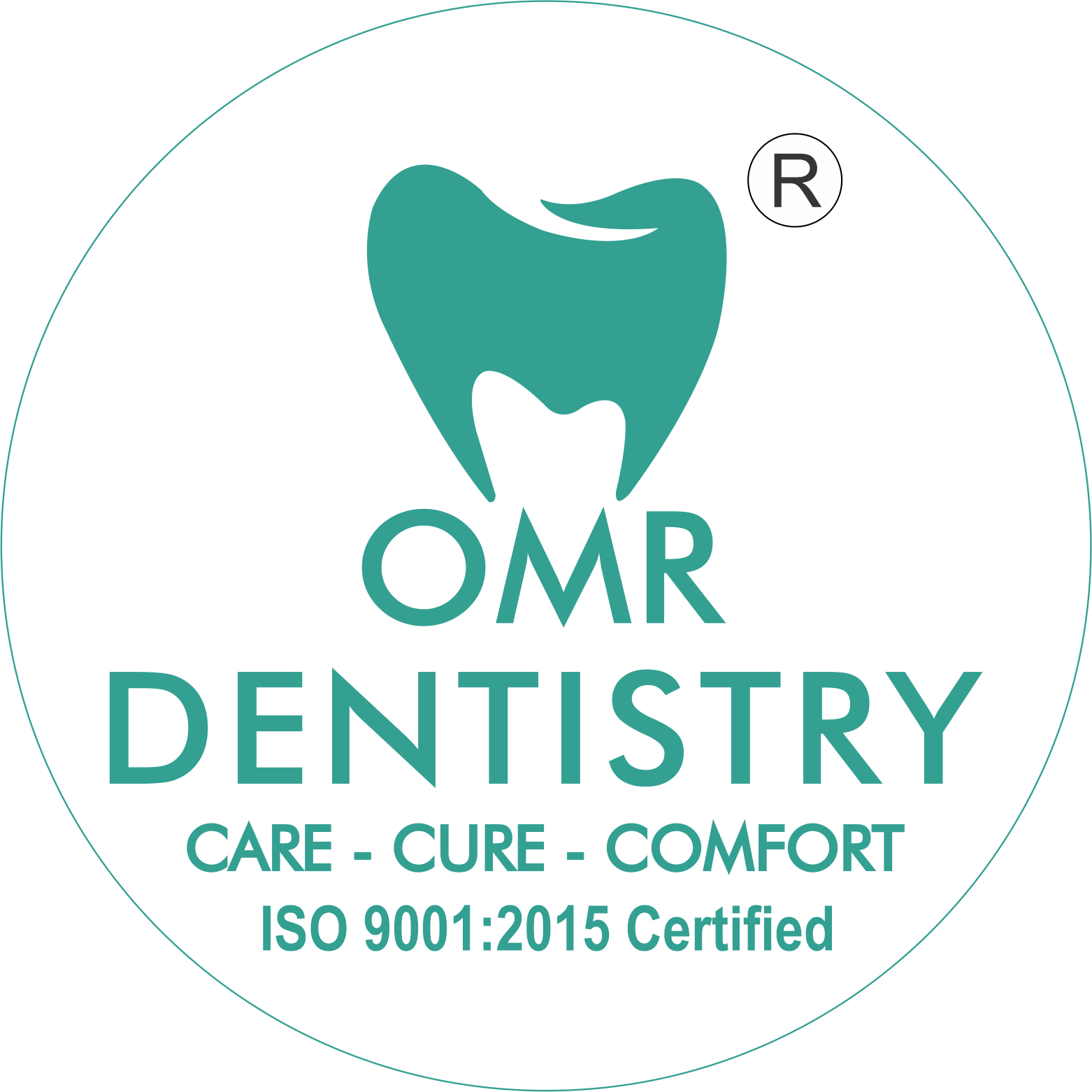24 Sep From Fuss to Smiles: How to Handle Teething Pain in Babies
Teething is an exciting milestone in your baby’s development, but it can also be a challenging phase for both parents and little ones. As the first set of tiny teeth begin to emerge, babies often experience discomfort, irritability, and disrupted sleep. At OMR Dentistry, we understand how stressful this stage can be, and we’re here to guide you through the symptoms, remedies, and signs that may need professional attention.
Common Symptoms of Teething
Every baby experiences teething differently, but the most common signs include:
- Drooling – Excess saliva is a frequent symptom during teething.
- Irritability or fussiness – The discomfort of erupting teeth can make your baby more cranky than usual.
- Chewing on objects – Babies instinctively gnaw on toys, fingers, or other objects to relieve gum pressure.
- Swollen or tender gums – Redness and puffiness around the gums are typical.
- Sleep disturbances – Many babies wake up more often at night while teething.
- Decreased appetite – Discomfort may reduce interest in feeding.
Note: Mild fever, diarrhea, or rashes are often mistakenly linked to teething but are not direct symptoms. If these occur, it’s best to consult a doctor.
Simple Remedies to Soothe Teething Pain
While you can’t prevent teething, there are safe ways to comfort your baby:
- Teething rings or toys – A clean, chilled (not frozen) teether can ease gum pain.
- Cold washcloth – A clean, damp washcloth placed in the refrigerator works as a gentle, soothing tool.
- Gum massage – Using a clean finger to gently rub your baby’s gums can relieve pressure.
- Distraction and comfort – Extra cuddles, playtime, and soothing can help calm irritability.
- Feeding adjustments – If your baby refuses bottles or breastfeeds less, try offering smaller, more frequent feeds.
Avoid over-the-counter teething gels or tablets unless specifically advised by your pediatrician or dentist.
When Should Parents Worry?
Teething discomfort is usually mild, but there are times when you should consult a professional:
- High fever (above 100.4°F / 38°C)
- Severe diarrhea or rashes
- Excessive crying that doesn’t settle with comfort
- Refusal to feed leading to dehydration
- No teeth appearing by 18 months
At OMR Dentistry, our pediatric dental team can guide you on safe teething care and ensure your child’s oral health is on the right track from the very beginning.
✅ Remember: Teething is temporary, but the habits you establish now—like gentle gum cleaning and regular dental visits—lay the foundation for a lifetime of healthy smiles.
Looking for a Good Dentist in Chennai or a trusted Dental Clinic in Sholinganallur, Chennai? Visit OMR Dentistry for expert pediatric dental care and compassionate support for your little one’s oral health journey.


Sorry, the comment form is closed at this time.